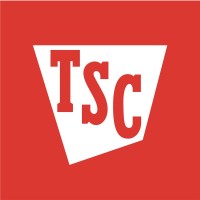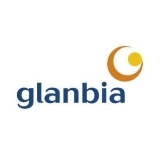Companies that use JSTL
It has support for common, structural tasks such as iteration and conditionals, tags for manipulating XML documents, internationalization tags, and SQL tags. It also provides a framework for integrating the existing custom tags with the JSTL tags.
1,215
companies










